Art. 32. Phases in the award procedure
1. Award procedures of public contracts shall take place in accordance with the acts of planning of the contracting authorities or entities provided in this Code or in other existing norms.2. Before the initiation of the award procedures for public contracts, contracting authorities or entities, in conformity with their regulations, shall decide or determine to enter into an agreement, by identifying the essential elements of the contract and the selection criteria for economic operators and tenders. In the procedure set out in Article 36, paragraph 2, letter a), the contracting authority or entity may proceed to the direct award by means of a decision to enter into an agreement, or equivalent act, containing the object of the award, the amount, the supplier, the reasons for the selection of the supplier, the possession by the supplier of the general requirements, as well as technical and professional requirements, where required.
3. The selection of participants and tenders shall take place by means of one of the systems and according to the criteria set out by this Code.
4. Each contractor shall not present more than one offer. The offer shall be binding for the period indicated in the call or invitation and, in case of lack of indication, for 180 days since the time limit for the presentation of the tender has expired. The contracting authority or entity may require to tenderers the delay of that time line.
5. The contracting authority or entity, after verification of the proposal of award pursuant to Article 33, paragraph 1, provides for the award.
6. The award shall not be regarded as acceptation of the tender. The tender by the contractor shall not be revocable until the time limit fixed in paragraph 8.
7. The award becomes effective after the verification of the possession of the necessary requirements.
8. Once the award has become effective, without prejudice to the exercise of the powers of selfdefence in cases provided by existing norms, the conclusion of the procurement or concession contract shall take place within the following 60 days, unless a different time limit has been provided for in the call or invitation to tender, or where the hypothesis of delay has been expressly agreed upon with the contractor. Where the conclusion of the contract has not taken place within the fixed time limits, the contractor may, by means of a notification to the contracting authority or entity, back out from any commitment or withdraw from the contract. The contractor is not entitled to any reimbursement, except the reimbursement of the documented expenses for the contract. In case of works, where the delivery of works has intervened on an urgency basis, and in case of services and supplies, where the execution of contract has commenced on an urgency basis, the contractor shall have the right to be reimbursed of the expenses made for the execution of the works commanded by the director of works, including those for provisional works. In case of services and supplies, where the execution of the contract has commenced on an urgency basis, the contractor shall have the right to the reimbursement of the provisions carried out upon command of the director of the execution. The urgent execution as referred to in this paragraph shall be exclusively accepted in the hypothesis of objectively unforeseeable events, in order to overcome situations of danger for persons, animals or goods, as well as for public hygiene and safety or for the safeguard of the historical, artistic, cultural heritage or in cases in which the lack of immediate execution of the provision indicated in the competition should determine a great damage to public interest it is intended to satisfy, including the loss of European funds.
9. The contract shall however not be concluded before 35 days from the submission of the last communications regarding the award decision.
10. The dilatory time limit referred to in paragraph 9 shall not apply in the following cases:
a) where, following publication of a call or notice by means of which a tender is called or submission of the invitations in accordance with this Code, a single tender has been presented or admitted and the proposals for challenge of the call or letter of invitations have not been timely proposed or have been rejected with final judgment;
b) in case of a contract based on a framework agreement referred to in Article 54, in case of specific contracts based on a dynamic purchasing system referred to in Article 55, in case of purchase made through electronic market within the limits of Article 3, letter bbbb) and in case of awards made pursuant to Article 36, paragraph 2, letters a) and b).
11. Where an appeal has been proposed against the award with a simultaneous precautionary request, the contract shall not be concluded, since the moment of the notification of the precautionary measure to the contracting authority or entity and for the following 20 days, provided that within that time limit shall at least intervene the first-instance precautionary decision or the publication of the operative part of the judgment of first instance in case of decision regarding the precautionary hearing or until the pronunciation of those decisions where subsequent. The suspensive effect on the conclusion of the contract ceases where, at the moment of the exam of the precautionary request, the judge declares to be incompetent within the meaning of Article 15, paragraph 4, of the Code of Administrative Procedure contained in Annex I of the legislative decree n. 104 of 2 July 2010, or establishes by means of an order the date of discussion on the merit without conceding precautionary measures or in case of referral of the exam of the precautionary measure to the judgment on the merits, with the consent of the parties, to be intended as an explicit renunciation to the immediate exam of the preliminary request.
12. The contract shall be subjected to the suspensive condition to the positive outcome of the possible approval and other controls provided for in the specific rules of the contracting authorities or entities.
13. The execution of the contract shall commence only after it has become effective, unless, in cases of urgency, the contracting authority or entity requests its anticipated execution, according to the modalities and conditions set out in Article 8.
14. The contract shall be concluded, on pain of nullity, with public notary act in digital form or, in electronic modalities according to the norms existing for each contracting authority or entity, in public administrative form by the requesting official of the contracting authority or entity or by means of a private agreement; in case of negotiated procedure or for awards whose amount do not exceed € 40,000 by means of correspondence according to the customs of commerce consisting in a specific exchange of letters, also by means of certified electronic mail or similar instruments in other Member States.
14-bis. Specifications and the estimated metric calculation, recalled in the call or invitation, shall form integral part of the contract.
Condividi questo contenuto:






